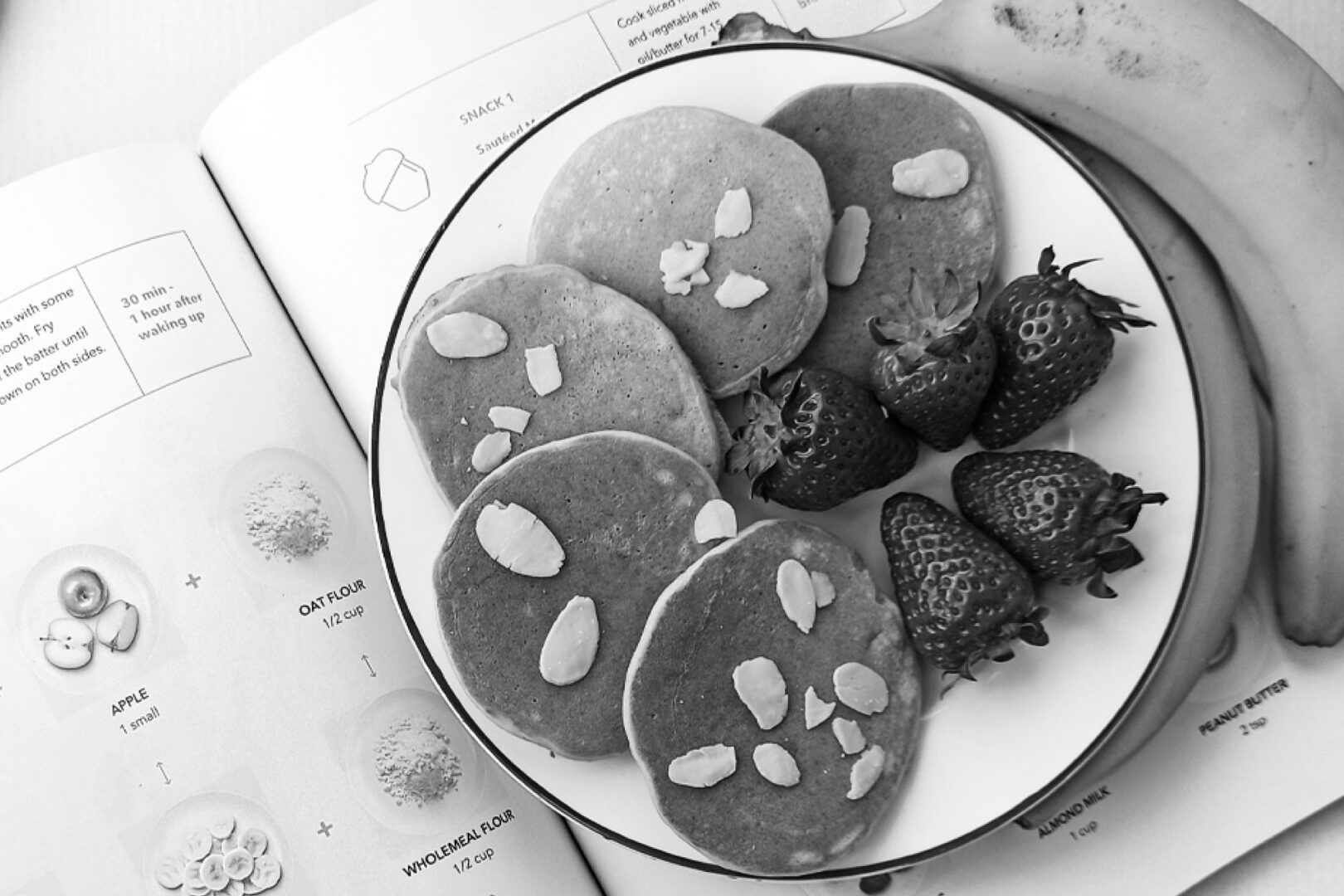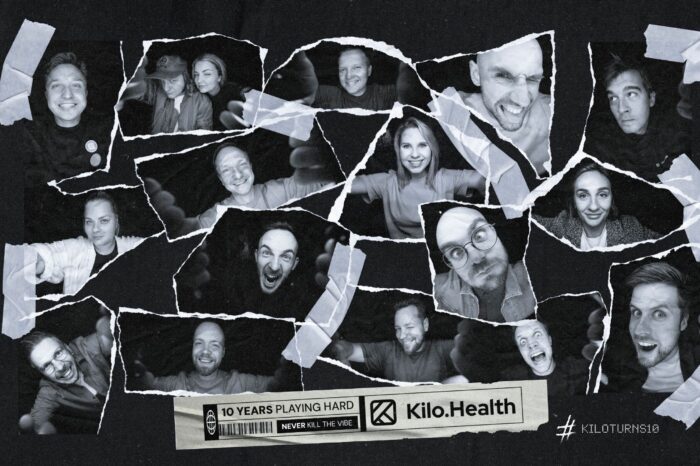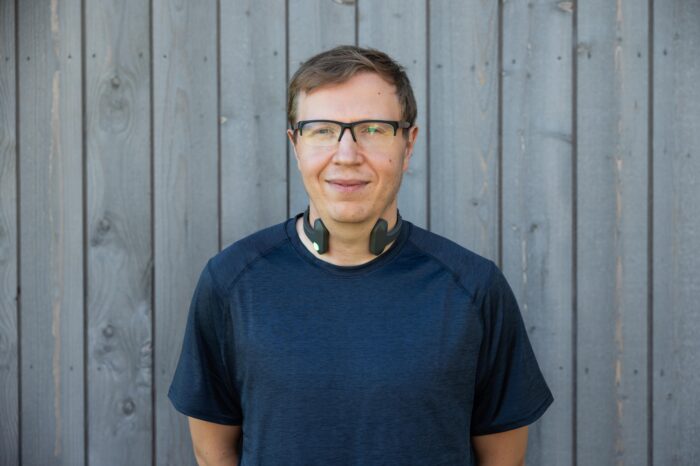

The recent changes in nutrition science have helped us take a more comprehensive look at our health. It’s not about the specific foods anymore – we finally talk about systems and actions that together make us stronger, happier, and less sick.
I can count around 6 nutrition trends I have collected while working at Kilo Health and which are way more important to health than simply counting calories.

Due to their small size, microbes in our gut take up only about 1–3% of our body mass. However, they might make up more than 45% of your cells, as well as 90% of cells and genes. That means that only ~10% of cells and less than 1% of genes in humans are actually human.
One study estimated that a typical 20–30-year-old man who weighs about 154 pounds and is about 5’7 tall has about 39 trillion bacterial cells living among 30 trillion human cells. There are trillions of microbes in the gastrointestinal tract.
Let that sink in. Around half of your cells are not human.
These tiny organisms are responsible for so much more than you feeling bloated or constipated. Gut microbiota influences our mental well-being, impacts our emotions, and signals nutrient deficiency. The link between brain and gut even establishes the fact that your gut might influence your decisions.
It’s time to take these little guys way more seriously.

The healthcare system is so used to treating diseases that we sometimes lose perspective. We get pills for our heart disease, injections for type 2 diabetes, and a gastric bypass operation for obesity.
What is lost in this picture? The one obvious connection: it’s the food on your plate. Everything in your body is connected, and your food is the first defense against disease.
Since the world is facing a global epidemic of diet-related chronic diseases, we have to understand the importance of our daily nutrition and lifestyle. We must start treating food as medicine that will enable us to prevent, manage, and treat illnesses.
Clinical instructor Sarah Downer and her colleagues go as far as saying that “One of every five deaths across the globe is attributable to suboptimal diet, more than any other risk factor including tobacco.”
Obesity is one of the most common factors that accelerate heart disease and type 2 diabetes, and even certain cancers. While some of the reasons why a person might develop it might vary, one of the biggest risk factors is lack of physical activity and poor diet.
Just as unhealthy food can be the cause of health problems, healthy foods can become a part of your daily health improvement plan.
Chronic diseases can be prevented and managed through healthy nutrition and behavior change. Heart problems, obesity, or type 2 diabetes can be mitigated by correctly balancing your meals.
Nutrition can also help improve athletic performance and skin, hair, and nail health. It can even be used to manage or treat specific ailments, such as IBS or high blood pressure.
Don’t ever underestimate the power of leafy greens, flavor-rich fruit, fatty fish, or protein-rich beans on your plate.
Do you know what a multivitamin is? It’s a dull chore you need to complete daily as a penalty for not eating a diet that is varied enough.
As a species, we have evolved to eat a rich diet full of nutrients that come from different species of plants and animals. To address the lack of access to food in the growing population, we have moved to raising monocultures and growing just several types of foods across the world.
There are around 200,000 types of plants that humans can eat. We are currently consuming around 200, with the most calories coming from maize, rice, and wheat.
Each type of plant brings different benefits and biologically active compounds, including vitamins and minerals we need to survive. Here is where we get the multivitamin – it artificially covers the micronutrient deficiency we have due to the very basic diet we consume.
In addition to our diet, we should eat more functional foods. These are accessible and nutrient-dense foods such as fermented products, like Greek yogurt, kimchi, sauerkraut, miso, or kombucha. Don’t forget your plants: leafy greens, avocado, chia seeds, almonds, leafy greens, hemp seeds, or even CBD oil.
While these natural foods will not make up for the rich diet we had, they will definitely cover plenty of your nutritional needs.
Make sure you try only high-quality functional foods and trust only scientifically proven information about what to eat and the potential health benefits.

You might have heard that all carbs are evil. That’s not true.
What I will tell you now will not surprise you: most of us benefit highly from a diet rich in carbohydrates, as long as they are of high quality and not highly processed.
The secret here is simple. All foods you find on your plate are made out of either plants or animals. Aim to get the least processed version of each. You should clearly know the origin of your food, which might be hard if you went to the supermarket. That’s why I always recommend buying the ingredients and cooking at home and avoiding pre-made meals or fast food.
Regarding the quality of your carbs, similar rules apply:

After a couple of years of living in a pandemic, you probably don’t need another reminder about how to boost your immune system. But I don’t think this topic will disappear in the next couple of years.
On the contrary – we will seek out new ways of boosting the immune system, including taking contrast showers or meditation to reduce stress.
After all, the immune system is, indeed, a system – and the healthier the body, the stronger this system will be. You have to take care of yourself with regular exercise, plenty of sleep, proper hydration, and a healthy diet.
If we zoom into the diet part, the same rules apply as usual (I have already talked about this in my article on Medium) – eat plenty of plants, be picky about your protein, and don’t try to sneak too many potatoes into your plate.
What can you eat more for a stronger immune system?
Here are some foods that are rich in vitamins and minerals and have anti-inflammatory capabilities that might help recover your micronutrient needs and improve your general health:
Here’s the thing: we don’t necessarily need to succumb to old age.
“Age” is not the cause of death – it’s a sum of various conditions that weaken our bodies, at least according to David Sinclair, a molecular biologist at Harvard Medical School.
There are plenty of factors at play. And I am looking mostly at you, telomeres.
Telomeres are structures that can be found at the end of your chromosome. As you age, they get shorter. Telomere length can affect how quickly we age and if we develop any age-related diseases.
However, the shortening of telomeres can be impacted by your lifestyle. Smoking, obesity, pollution, stress, and low-quality food will shorten them. Regular exercise and a healthy diet rich in fiber and antioxidants will slow the process down.
Healthy aging support through nutrition and wellness management is going to have a growing interest in the upcoming years – and it’s about time you started caring about your telomeres, too.


As we’re entering an exciting new chapter of business growth and leadership, it’s the perfect time to catch up on the latest changes in our team and where we’re headed next. Dive in and get to know our new CEO…

I’m Matas, and when asked, I refer to myself as an intern — always learning. However, research, strategy, business development, and idea generation are the cornerstones of my work. I want to pull back the curtain and give you an…

I’m Deimante, currently Head of Marketing at Kilo Health, and a big lover of this company. My journey to being hired at Kilo has been quite the ride. How it all started? I underwent interviews with 11 different people and…

Ever dreamt of taking the lead, even if the path isn’t crystal clear? Or to have someone believe in you and offer you a chance to figure out whether you would thrive in a startup environment? Speaking of which, Kilo…

A whole decade has raced by in the blink of an eye for us at Kilo Health, and what better way to celebrate than to reflect on the milestones and lessons over the years? Do you know where we started?…

We, the co-founders, are just ordinary individuals with grand ambitions. There are times when we work twice as long and intensely as others, yet we’re equipped with the same amount of daytime, energy, and capacity. However, as leaders in the…

There’s no enchanting tale behind how I became a part of Kilo Health. In truth, some of us regular folks simply have regular journeys, and that’s perfectly fine. What counts is that today, I hold a successful product in my…

Reflecting on your achievements from the previous year is advantageous. That’s exactly what we did, proudly demonstrating our boundless aspirations through an impressive 84% growth and 213 million euros. So let’s put our hands in the air and celebrate together,…

I joined Kilo Health back in 2019, and I can prove that when people’s values and mindsets align, great things can be accomplished, even if you don’t have a plan. BoomeranGO!, the first and only product for children provided by…

Lighting, sound, set, and actors are essential components of a film studio, but they are not the sole factors that define its success. Consistent creativity, appreciation of talent, and adaptability to market trends are a few of the things that…

How valuable is having a good company culture to that company’s bottom line? Very valuable – it’s like liquid gold. A 2019 study conducted by academics from Oxford University and MIT found that workers who experienced a measurable increase in happiness were…

Internal career development opportunities are increasingly recognized as one of the most valuable benefits for employees. In fact, 62% of Learning and Development (L&D) professionals state that they are prioritizing internal mobility in 2024. Moreover, according to data from LinkedIn, individuals who…